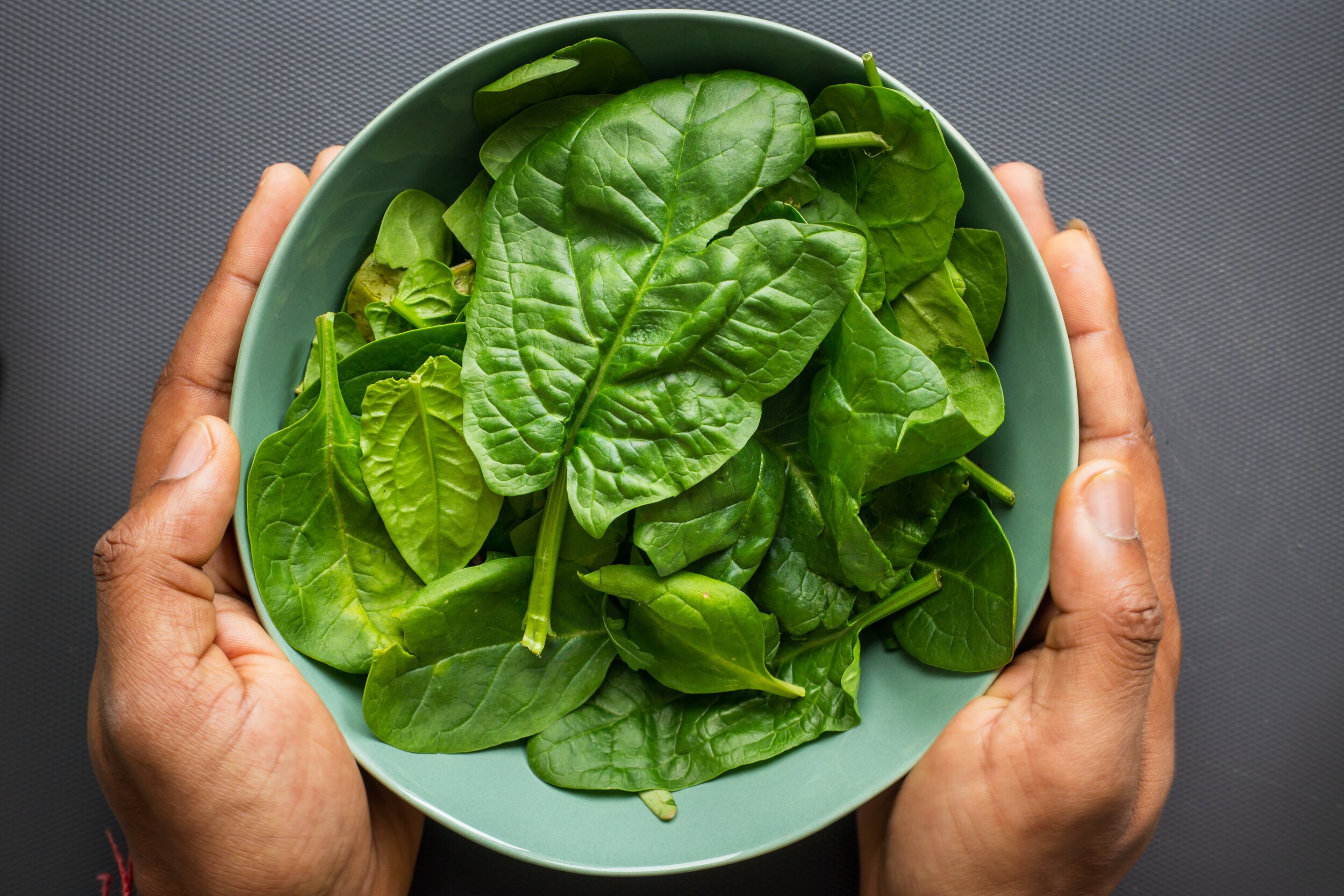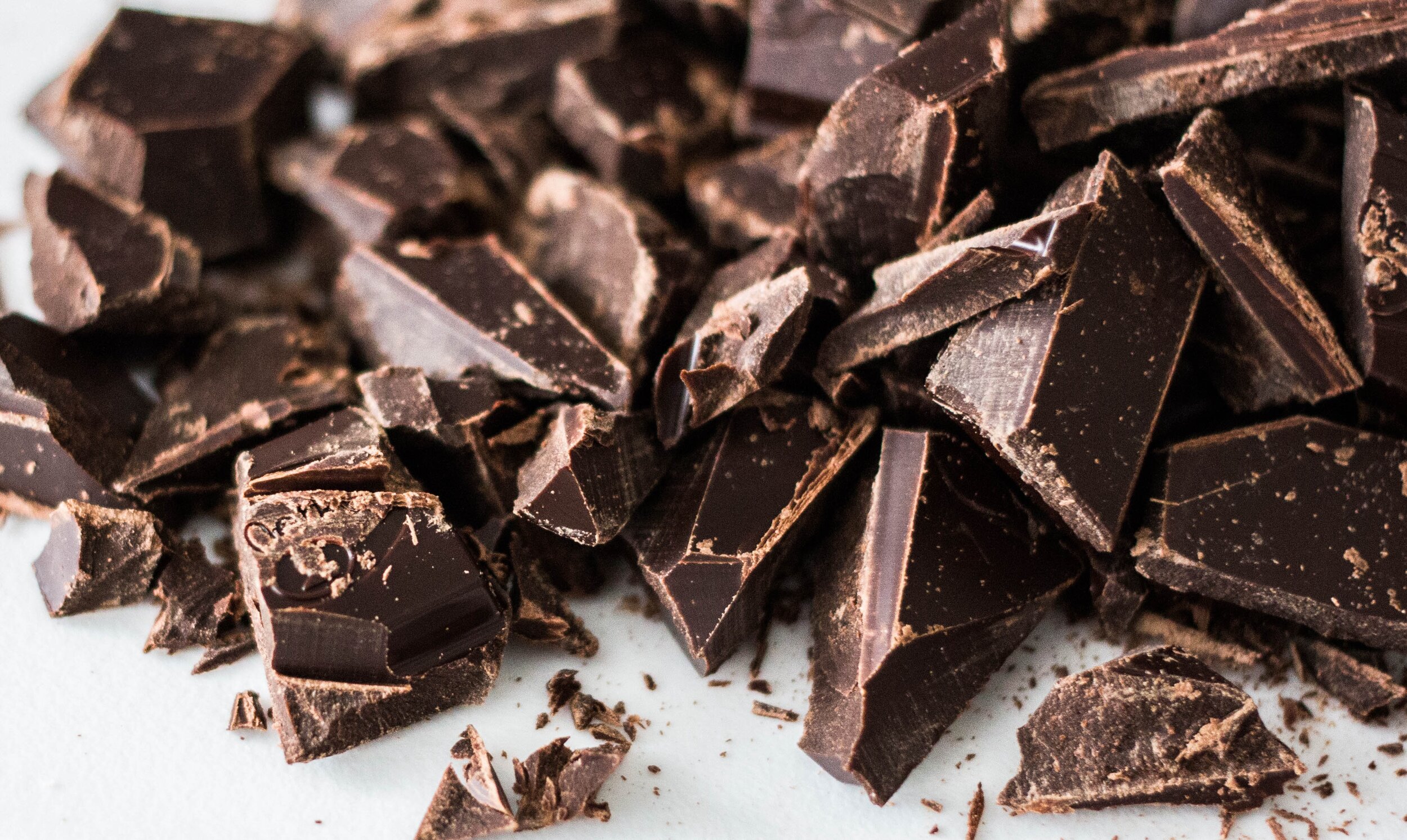Superfoods – What Are They, And Why Should You Eat Them?
Who wouldn’t want their foods to be super? The term “superfoods” is fairly new and refers to foods that offer the maximum benefits possible, with minimal effort. They are generally packed with antioxidants, vitamins and minerals. They often are very low in calories too. Most superfoods are plant based, although there is actually no standard criteria or legal definition that would classify any food as being a superfood.
There is actually no real difference between a superfood, and just eating healthy items that are rich in nutritional compounds and beneficial to your health. Despite this being said, we have put a list of some of the healthiest “superfoods” together, with a list of the benefits you could gain by eating them.
Oats
An extremely filling breakfast choice, oats are a complex carbohydrate that takes your body longer to digest. This is actually good for your body as they need to break down the complicated mesh of molecules. The health benefits of eating oats are weight loss, lower blood sugar levels and a reduced risk of heart disease. If you are bored of the everyday bowl of oatmeal, why not spice it up and add some fresh fruit or Cinnamon for taste alternatives.
Spinach
This dark and leafy vegetable is full of nutrients such as iron, potassium and fibre. Known to help maintain good vision, support energy levels, heart health and bones, spinach can be enjoyed in a variety of different ways. Besides the usual cooking methods, you could also use them as a bed for a salad, or sauté them in some butter and garlic as a tasty side dish. Other green leafy superfoods include kale, Swiss chard, beet greens and collard greens.
Salmon
Rich with omega-3 fatty acids, salmon and other fatty fish (such as trout or herring can actually reduce cholesterol, decrease the risk of heart disease, and they are a great source of protein too. Selenium is a mineral found in soil and certain foods, like salmon. It is a trace element which means you only require small amounts, but may support bone health, improve thyroid function, and protect against cancer.
Eggs
Eggs are a rich source of selenium, vitamin D, B6, B12 and other minerals such as zinc, iron and copper. That’s a lot of goodness in one small food item! Eggs are also really high in cholesterol but eating eggs does not affect the cholesterol in the blood. They have also been known to reduce the risk of heart disease.
Blueberries
These beautiful dark blue berries are almost as gorgeous as they taste and pack a powerful punch in terms of health benefits. Containing the highest antioxidants count of all foods, they also deliver 4g of fibre per cup, which helps you in feeling fuller for longer. Extremely low in calories, they reduce DNA damage, which may help protect against aging and cancer.
Seaweed and Spirulina
Seaweed is in fact packed with micronutrients like iodine, iron, calcium and magnesium. There are many different varieties of seaweed which include dulse, nori, kombu, hijiki and wakame, and all are worth your time. It can help with blood sugar control, relieve the symptoms of arthritis and contain probiotics that can assist with gut health. Spirulina is a type of blue-green algae that grows in both fresh- and saltwater. Also loaded with nutrients and antioxidants, it is known for benefiting your body as well as your brain. It fights free radicals and inhibits production of inflammatory signalling molecules thus providing antioxidants and anti-inflammatory effects.
Soy
Soyabeans have shown to possibly prevent age-related memory loss thanks to the high concentrates of isoflavones, which is a type of phytochemical that occurs naturally in plants. They help to reduce the amount of bad cholesterol in the blood and have also been known to reduce bone loss and increase bone density during menopause.
Greek Yogurt
Instead of choosing a low-fat or no-fat yogurt, rather try finding a 2% or whole milk Greek yogurt to get your fill of carbs, proteins and fats. It helps in keeping you feeling fuller for longer, and can be used in place of mayonnaise in a chicken or potato salad. Packed with probiotics, it can help boost your immune system and decrease stomach issues, such as diarrhea and pain.
Chia and Flax Seeds
These tiny seeds are like dynamite in a small package. Just one tablespoon of chia seeds contains roughly 4.5g of heart-healthy fats and 5.5g of fiber. And just like their cousins, flax seeds are also extremely high in fiber and good-for-you fats. The nice thing about these little seeds is that they can easily be added to smoothies, into salads and you can even incorporate them into your baking.
Dark Chocolate
We saved the best for last. Imagine a dessert that is a superfood. Chocolate is made from cocoa. Cocoa contains antioxidants called flavonoids, and the higher the percentage or cocoa, the darker the chocolate and the more flavonoids you’ll get. Dark chocolate has been said to improve blood flow and lower blood pressure. It may also reduce heart disease risk and the flavonols can protect against sun damage, by improving the flow of blood to the skin thus increasing the skin density and hydration. It could also improve brain function. Are these reasons not enough to reach for another block of dark chocolate?
To sum up
At the end of the day, it is important to eat everything in moderation. It is also imperative that you eat a healthy balanced diet. By adding some of the above superfoods to your diet, you’ll be assisting your body in getting all the healthy nutrients, vitamins and minerals it needs to keep you healthy.
There are many other “superfoods” that have not been listed here, but are also very beneficial to you and your body.































